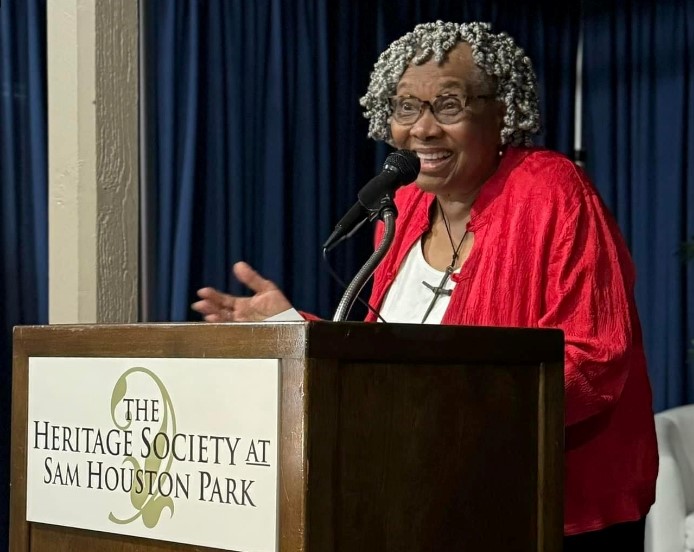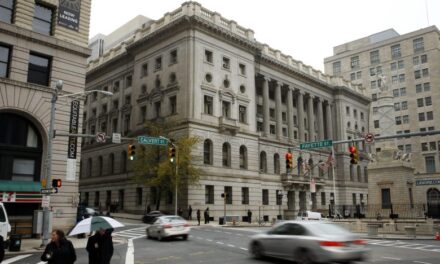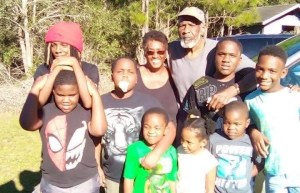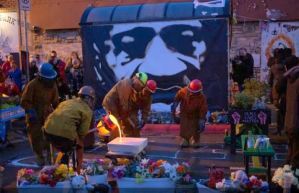By Aria Brent
AFRO Staff Writer
abrent@afro.com
From cookouts to parades and festivals, there are all kinds of festivities that happen every year to commemorate the special occasion of Juneteenth. And as much as the Black community loves to commune and “put a little something on the grill,” the question of how to properly honor the ancestors remains.
This week, the AFRO asked, “What did the first Juneteenth celebrations look like?”

Martha Whiting-Goddard, a historian in the Houston area with personal ties to the origins of Juneteenth, weighed in on how the ancestors celebrated their freedom and how we can pay homage to them as we continue to honor the legacy of Emancipation Day.
“They would organize a parade downtown near where they originally came in on the banks of the bayou and then they would march over to Bagby Street,” said Whiting-Goddard. “They had parades for two days. They would dress up and they always had a band. They had a grand marshal and all these things that they’d see people have at a parade.”
“And they would have a speaker and they would always read the Emancipation Proclamation, and General Order No.3 because they wanted the people to know that these were [the documents that] made them free.”
Whiting-Goddard is the great-granddaughter of John Henry “Jack” Yates, the founding father of Juneteenth. Yates was a freedman who moved to Texas from Virginia. At the time, he was following his family– a group of his most dearly beloved, who had been relocated as his wife’s master tried to escape the Civil War. The Yates family stayed on the master’s new farm in Matagorda County, Texas until the war ended two years later.
Yates knew that Matagorda County was an area with limited opportunity for work, so he traveled to Houston where he earned a living as a drayman, while also preaching the gospel on weekends.
Yates would go on to become a prominent figure in the Houston area, known for the founding of the city’s first African American Baptist church: Antioch Baptist Church. Following the Civil War, and the signing of General Order No.3, many of Yates’ family members came to Houston–and they brought the tradition of celebration with them.
The Yates family began to celebrate their freedom on Juneteenth and on New Year’s Eve, the date that many slaves, further East, sat up all night waiting for the Emancipation Proclamation to take effect on Jan. 1, 1863.
“No matter what, once they reached the end of the year around when they signed the Emancipation Proclamation on Dec. 31 of 1862, they would always have some sort of celebration because they considered that day very important to them,” Whiting-Goddard told the AFRO. “Once they knew they had June 19,1865 as well, they would celebrate both of these events.They’d have a watch night and celebrate the Emancipation Proclamation and they had Juneteenth. They would celebrate both the Emancipation Proclamation and General Order No.3 that General Granger signed on June 19, 1865.”
The Houston historian further elaborated on what kind of festivities took place during the first years of Juneteenth’s establishment, noting that many of the traditions we partake in today were created then.
“When they finished [the reading] they’d have some games that they could play. And they might have some dancing, but it was family fun.They’d always have barbecue and red punch.”
While the block parties and parades are fun, the only way members of the Black community can keep the legacy of Juneteenth alive and well is through education. Whiting-Goddard emphasized how important it is that we share the story of Juneteenth and all that the Black community has gone through to not only receive but maintain our freedom with our youth so they can send it on.
“Not only can we come and celebrate Juneteenth but we need to use it as an opportunity to teach our children and future generations about what we had to go through to reach where we are today,” she said.
The post Martha Whiting-Goddard, Houston historian, speaks on early Juneteenth celebrations of 19th century appeared first on AFRO American Newspapers.











